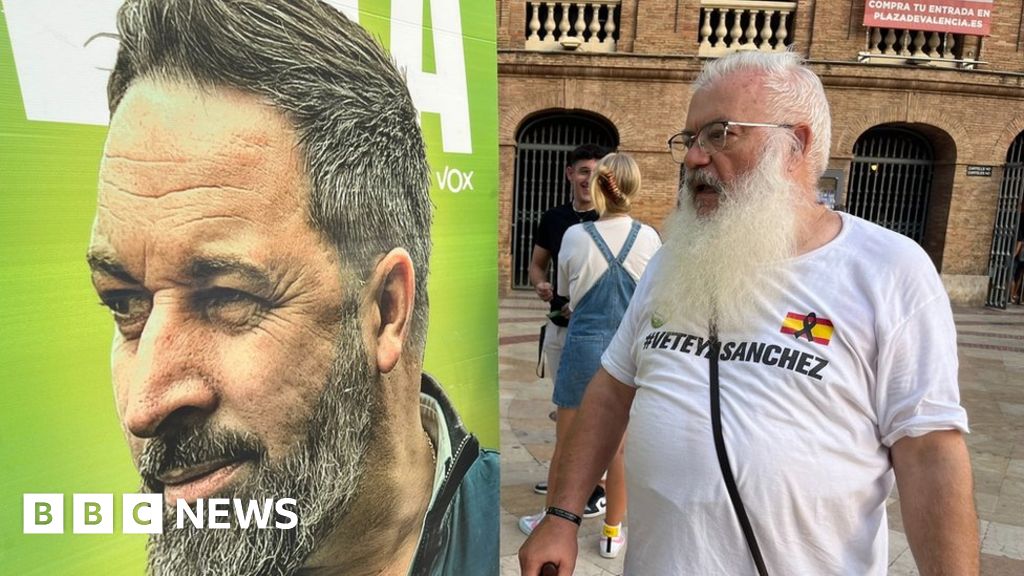- cross-posted to:
- [email protected]
- cross-posted to:
- [email protected]
The most likely government to emerge - most analysts predict - will be a coalition including a hard-right nationalist party for the first time in Spain since the death of fascist dictator Francisco Franco in 1975.
More left-leaning Spaniards are frantically texting contacts, urging them to make sure to vote - despite the heat and it being holiday time for many - to “stop the fascists” in their tracks.The rhetoric this election season has been toxic, with voters becoming increasingly polarised.
It’s a fight over values, traditions and about what being Spanish should mean in 2023.
This kind of heated identity debate isn’t peculiar to Spain. Think of Italy, France, Brazil or the post-Trumpian debate in the US.
At EU HQ in Brussels, there are huge concerns about a resurgence of hard-right nationalist parties across Europe.



Middle class suffers slightly: “let’s start blaming minorities, immigrants, gay people, and start removing human rights for them.”
More like: we can’t put food on the table, get a roof over our heads, and we can’t even get a doctors appointment. And politicians are more worried about other countries?
Slighly? People can’t afford housing, public healthcare is in decline, and the burden of taxes to fix government overexpending (frequently in less important things) mostly applies to the middle class. The middle class today wants what their parents had and most has realized that it will be impossible.